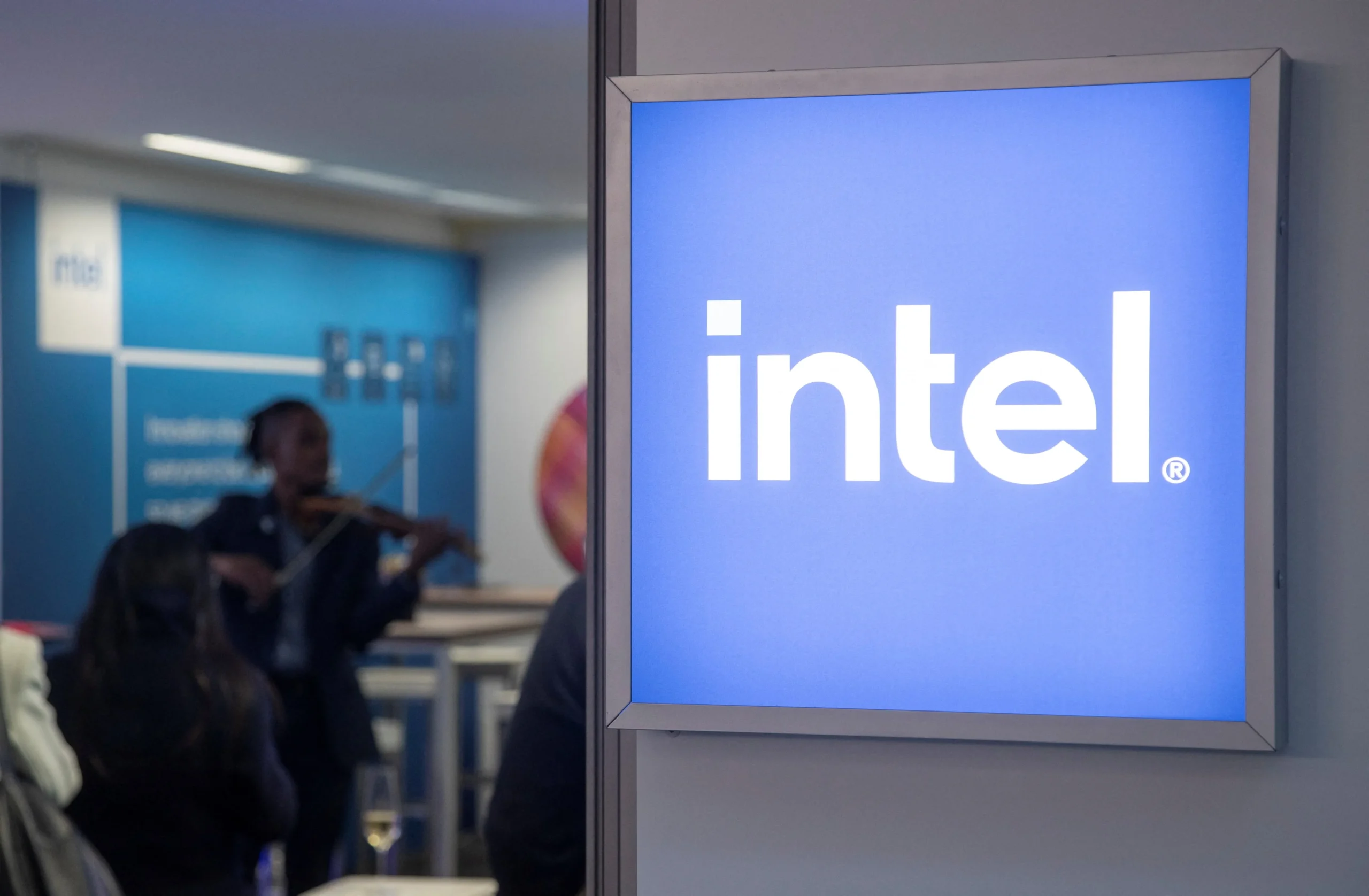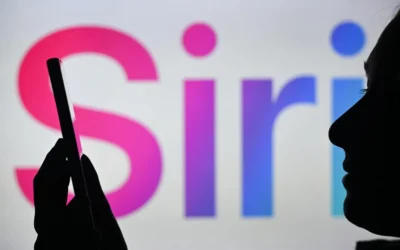Intel’s Legal Battle Against the EU’s Antitrust Fines
In a significant development in the ongoing saga between tech giants and governmental regulators, Intel Corporation (INTC) has formally challenged the European Union’s hefty $421.4 million antitrust fine. This legal maneuvering underscores a contentious relationship between corporations and regulators in the technology sector.
Background on the Antitrust Fine
The EU’s decision to impose this fine stems from a lengthy investigation that accused Intel of engaging in anti-competitive practices to unfairly stifle competition in the semiconductor market. The case primarily focused on Intel’s alleged strategies aimed at securing dominance over its rival, Advanced Micro Devices (AMD).
According to EU officials, Intel allegedly provided substantial rebates to computer manufacturers and retailers that purchased its processors, effectively locking out competitors from the market. The EU’s competition commissioner stated at the time, “We must ensure that companies compete on a fair playing field and that no company can engage in practices that force competitors out of the market.”
Intel’s Response
Intel, however, maintains that the practices flagged by the EU are not anti-competitive but rather standard business tactics intended to foster competition and innovation within the tech industry. The company argues that the fines and regulatory scrutiny inhibit its ability to invest and innovate, which would ultimately harm consumers and stifle technological progress.
In a statement following the EU’s announcement, Intel expressed its disappointment, saying, “We believe that our rebates to customers were lawful and pro-competitive, and we intend to appeal the EU decision. We will contest the conclusions of the Commission and vigorously defend our business practices.”
The Broader Implications of Intel’s Appeal
This legal battle is not merely about a single fine; it represents a broader conflict between technology companies and government regulatory bodies worldwide. In recent years, the EU has ramped up its efforts to impose stricter regulations on major tech firms under the argument that they wield excessive market power. This has led to significant fines against other major players, including Google and Facebook.
Regulatory Landscape in the EU
The regulatory landscape in Europe has been becoming increasingly stringent, with the EU Commission taking a firmer stance against monopolistic practices. The General Data Protection Regulation (GDPR) is one example of how the EU has moved to regulate large technology firms more closely, but the technology sector has also seen ever-increasing scrutiny on antitrust grounds.
As these regulations evolve, companies find themselves facing challenges that can impact their profitability and operational strategies. For Intel, a successful appeal could set a precedent, potentially redefining how technology companies engage in competitive practices within the EU.
Stock Market Reactions
Following the announcement of the fine and the legal contest, shares of Intel saw fluctuations in the market. Investors are keeping a close eye on this case, as antitrust fines can often have long-term fiscal implications for tech stocks. Market analysts suggest that positive resolutions to such cases can bolster company performance, while adverse outcomes might make investors wary.
What Analysts Are Saying
Analysts believe that Intel’s appeal could either provide a short-term boost to its stock if seen favorably by the court or a potential long-term depression should the company lose. Some financial analysts remain optimistic about Intel’s prospects, arguing that the company has a strong foundation in semiconductor manufacturing that may help it to weather this regulatory storm, while others criticize its market strategy. The nuanced landscape makes forecasting challenging.
Intel’s Future Plans Amidst Legal Challenges
As Intel navigates this legal battle, it is also tasked with addressing its future in a rapidly evolving tech environment. The company has announced various strategic initiatives designed to bolster its position in the semiconductor market and fend off competition from rivals like AMD and NVIDIA.
Intel is not only focused on improving its technological prowess but is also heavily investing in advancing its manufacturing capabilities. For instance, its commitment to building new semiconductor manufacturing plants in the United States has been touted as key to regaining competitive advantages over both international and domestic rivals.
Conclusion
The coming months will be pivotal for Intel as it takes its fight against the EU antitrust fine to court. This case will likely serve as a benchmark for future interactions between technology companies and regulators worldwide. As the tech industry continues to expand and evolve, the balance between encouraging competition and enforcing fair practices will remain a critical and contentious issue.
Ultimately, how this legal saga unfolds will shape not only Intel’s future but may also influence the strategies of tech companies as they navigate an intricate landscape of regulatory scrutiny.







